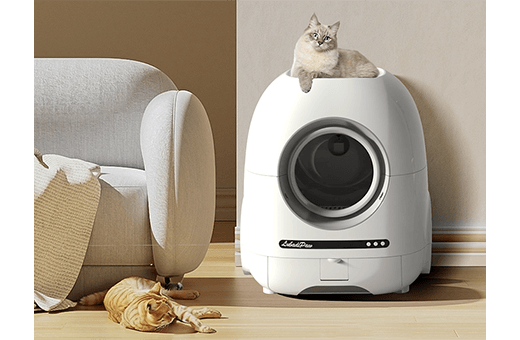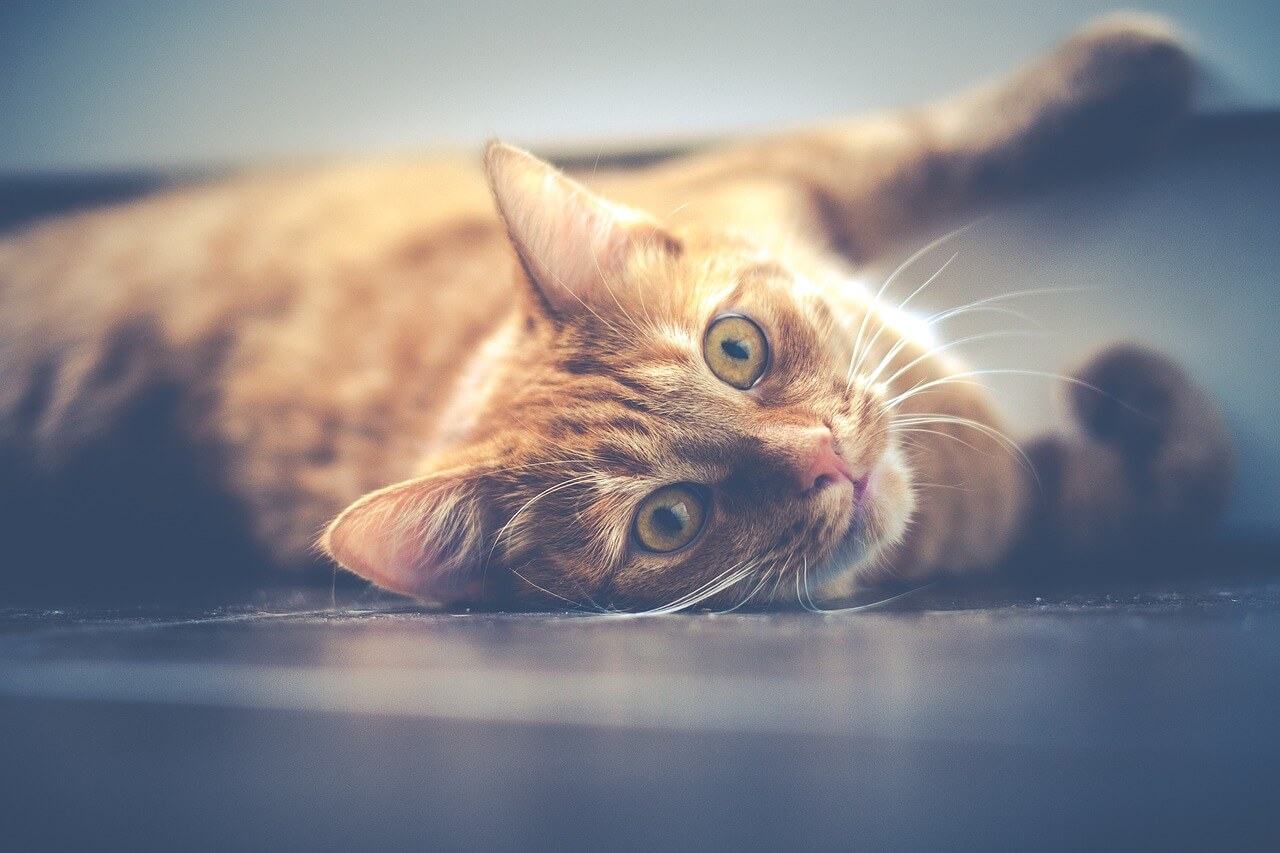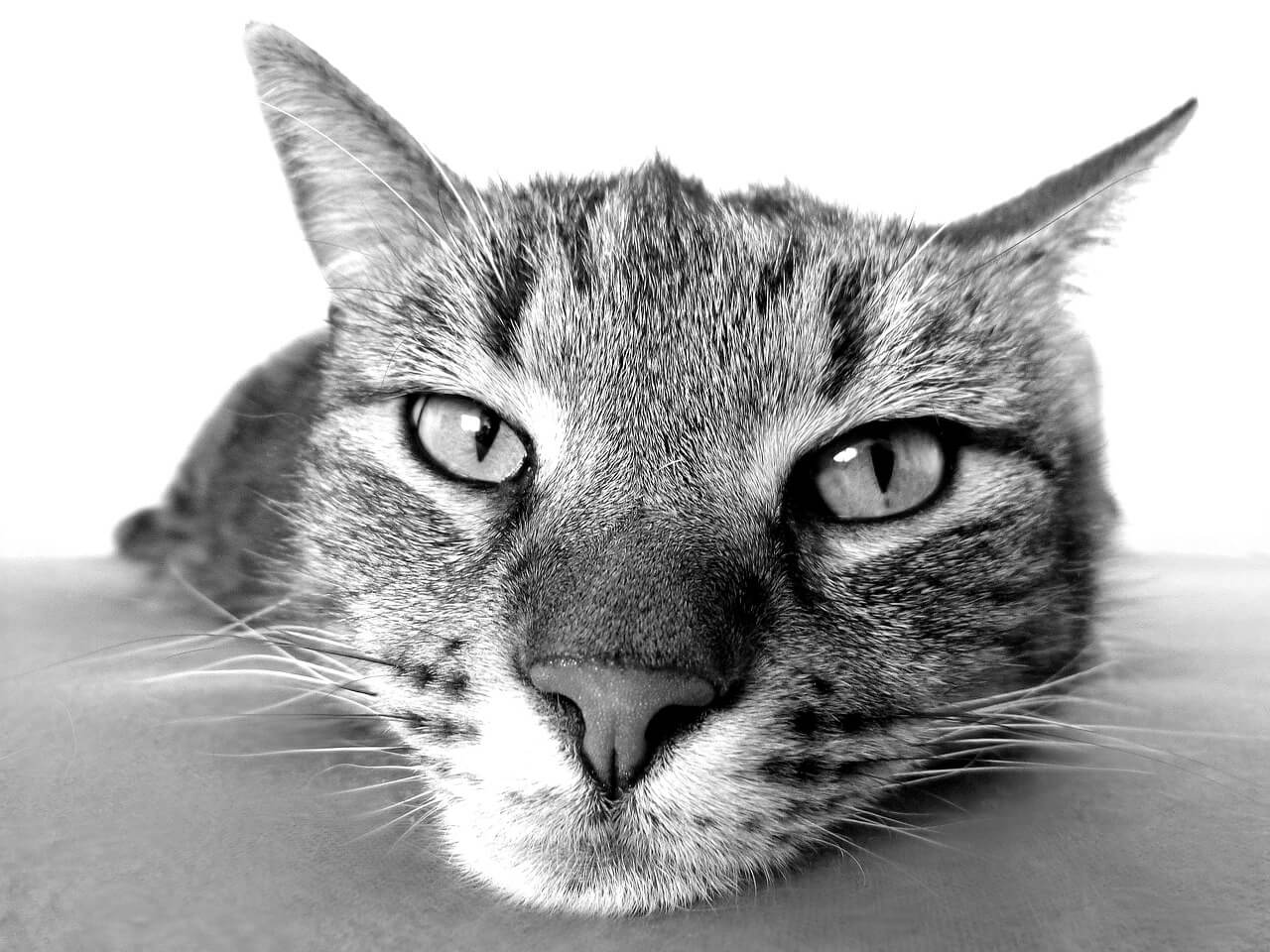High-Quality Protein:
As carnivores, cats require high-quality protein to meet their nutritional needs. Opt for cat food with chicken, turkey, or fish listed as the primary ingredients to ensure they get sufficient protein.
Essential Nutrients:
Ensure your cat's diet is complete and balanced, providing all essential nutrients, including vitamins, minerals, and fatty acids like Omega-3 and Omega-6.
Hydration:
Keeping your cat adequately hydrated is crucial. In addition to offering fresh, clean water, wet cat food is an excellent way to increase their water intake, essential for their kidney health.
Controlled Treats:
While we all want to use treats to reward our cats, overfeeding them can lead to nutritional imbalances. Therefore, limit the intake of treats, opt for high-quality, nutritious options, and avoid overindulging.
Regular Vet Check-ups:
By scheduling regular vet check-ups, we can ensure our cats remain in good health. Vets can provide professional advice on nutritional needs based on factors like age, weight, and activity level.
These points, combined with the important advice mentioned in the article about cat nutrition, help us provide our cats with a healthy, balanced diet, enabling them to live long, healthy, and happy lives.




